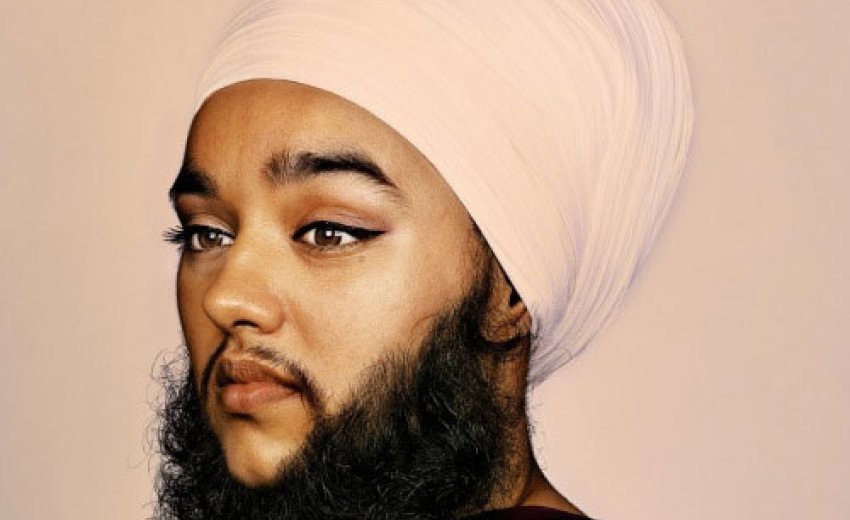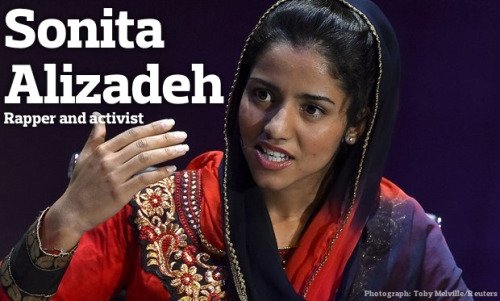
Sonita Alizadeh’s family first considered selling her into marriage when she was just 10 years old. At 16, they said they had found her a husband, but she found a way to escape.
She wrote “Brides for Sale”, a rap tackling the issue of daughters being sold into marriages by their family and created a video showing her in a bridal dress with a barcode on her forehead. She raps: “Let me whisper, so no one hears that I speak of selling girls. My voice shouldn’t be heard since it’s against Sharia.”
Her family agreed she did not have to get married. She now lives in America, and is still writing songs.
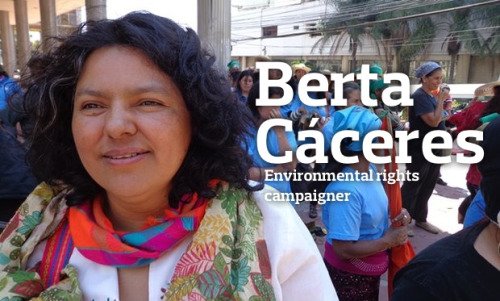
Berta Cáceres was a Honduran indigenous and environmental rights campaigner whose high-profile campaigns against dams, illegal loggers and plantation owners were met with threats of murder and sexual violence. Last week she was murdered, days after she was threatened for opposing a hydroelectric project.
In an interview in 2013, she said: “I cannot live in peace, I am always thinking about being killed or kidnapped. But I refuse to go into exile. I am a human rights fighter and I will not give up this fight.”
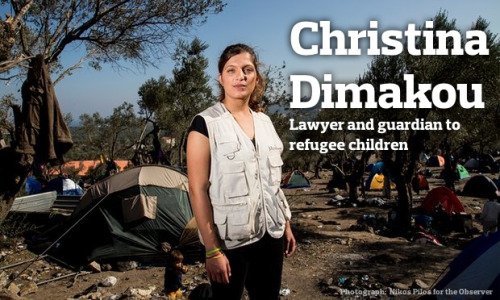
Greek lawyer Christina Dimakou left her life and career in Athens to become a guardian to some of the thousands of unaccompanied child refugees who have landed on the Greek island of Lesbos in the last year.
“I cannot save the world or make everything better,” Dimakou said in an interview, “but I can affect the things around me. If everyone does this then the world becomes better. And we become better.”
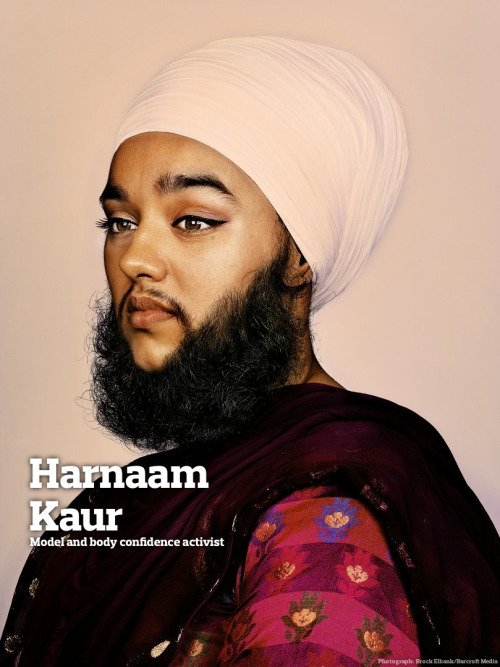
Harnaam Kaur has polycystic ovarian syndrome, which can cause excessive hair growth. When she was 11, her beard started growing. Initially, she did everything she could to remove it. At 16, after being baptised as a Sikh, she decided to accept her facial hair. Now, she has modelled for bridal sites, a project celebrating beards and became the first bearded woman to walk in a jewellery designer’s fashion show.
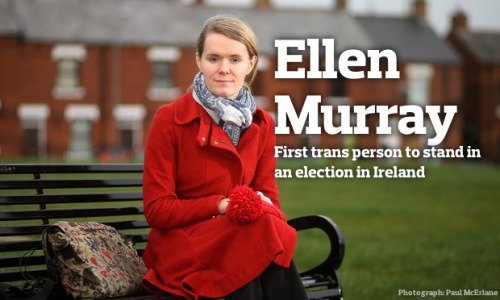
Ellen Murray is standing for election in West Belfast, one of Ireland’s most contentious constituencies, once represented by Sinn Féin leader Gerry Adams. At just 22 years of age, she is making Irish electoral history by being the first trans person to run in a Northern Irish election.
Her pledge? To fight “continued homophobia blighting local politics”.
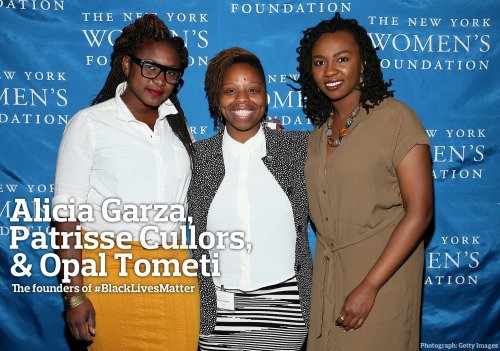
Three women founded #BlackLivesMatter, an international movement campaigning against violence toward black people. Alicia Garza was among the many who were in shock over the acquittal of George Zimmerman, the man who shot dead 17-year-old Trayvon Martin.
She wrote an impassioned message on Facebook, ending with: “Black people. I love you. I love us. Our lives matter.” Her friend Patrisse Cullors replied with #BlackLivesMatter. Opal Tometi added her support and the three began setting up Tumblr and Twitter accounts encouraging users to share stories of why #BlackLivesMatter. A movement was born and continues to campaign, online and offline, today.
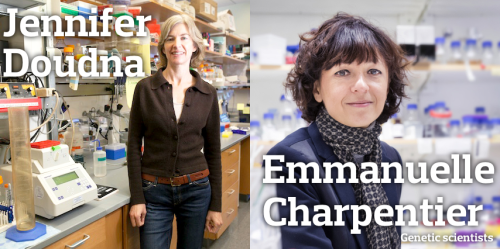
Jennifer Doudna and Emmanuelle Charpentier’s work on CRISPR-Cas9 genome editing could enable use to genetically modify almost anything. In theory, the technique could be used to alter any human gene. Their work has an impact on several areas of life: from genetic medicine to the development of new crops and bio-products. Given future challenges facing life on earth, this holds revolutionary promise for disease control and ecology.
